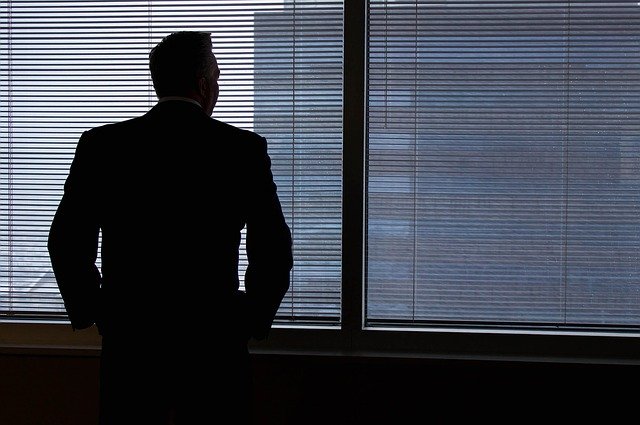If you’re a director of a limited company, there is a degree of separation that protects your personal assets from getting caught up in the liquidation process should your business enter into an insolvent procedure.
But what about sole traders? Whilst a partnership or sole trader business earns the right of privacy when it comes to financial affairs, the owners are held personally liable for all of the business debt and liabilities.
Of course, this isn’t a problem when things are going well - but if your sole trader business takes a turn for the worse, things can escalate quickly because personal and business finances are often thrown into the same pot.
As a result, the financial repercussions can be much more serious for sole traders than for a director of a limited company. If your business is struggling financially or going through a rough patch, it’s important to seek advice as soon as possible.
The sooner you act, the more options there will be available to you. We run through the different avenues available below.
4 avenues to take if your business is struggling financially:
1. Time To Pay arrangement
If your sole trader business is in debt to HMRC, a Time To Pay (TTP) arrangement can be used to pay debts such as tax, national insurance, PAYE or VAT.
It’s important to contact HMRC as soon as a problem arises, and, depending on your payment history, you might be able to enter into an arrangement. TTP arrangements usually allow you to pay the amount owed in 12 monthly instalments.
2. Debt Management Plan
A Debt Management Plan (DMP) is an arrangement between you and your creditors whereby you repay them a reduced repayment each month that is proportionate to your available income.
There is no reduction in the amount of debt that you owe, however the amount that you repay each month will be reduced based on what you can afford until you are able to return to your normal repayments of the debt and it is repaid in full.
A DMP could be the best choice for you if you find yourself in temporary financial difficulty or if your circumstances change suddenly.
Although a DMP is not a formal arrangement - which means creditors are not obliged to agree and could still chase you for full payment in the future or possibly refuse to freeze interest and charges - your insolvency practitioner will be able to negotiate these points for you.

3. Involuntary Arrangement
Many sole traders are unaware that they could qualify for an Individual Voluntary Arrangement (IVA). An IVA is a formal arrangement between you and your creditors, whereby you agree to pay reduced monthly payments over a set period.
The great advantage an IVA has over a bankruptcy for a sole trader business is that you can carry on trading whilst in the IVA, allowing you to trade out of your debt and avoid the extra worry of the loss of income.
In an IVA, you repay only what you can afford to, for a fixed period – usually five years. Once the IVA period is complete, any remaining debt is written off.
If you have debts greater than £15,000 (including business-related debt and unsecured personal debt) and are struggling to keep up repayments, an IVA could be the right solution for you.
The total debt of a sole trader entering into an IVA arrangement is often much higher than the £15,000 minimum qualifying amount and there is no maximum amount threshold.
4. Bankruptcy
Bankruptcy is the most severe way to deal with business debts as a sole trader - but if you have no other way of servicing your debt, it might be your only option. Once you declare bankruptcy, you will no longer be liable for any of your business or personal debts - but it is a very serious procedure.
The majority of your business and personal assets will be sold to pay off as much of the debt as possible, with all values made distributed between your creditors.
Your income will also be scrutinised and a repayment plan will be drawn up that is dependent upon what you can afford to repay. At the end of the bankruptcy period (usually 12 months) you will be discharged and your remaining debt will be written off - however, it will stay on your credit record for at least six years.
Bankruptcy could be the right solution for you if you owe a large sum of money (more than £15,000 in unsecured debt) and are unable to meet your repayments. It might also be the most appropriate option for debtors who don’t own their own home, or have accepted that their property will be sold in order to satisfy the debt.
Are you facing financial difficulty?
If you are dealing with a period of financial difficulty and your sole trader business or partnership needs some breathing space to explore the options, a Partnership Administration or Partnership Voluntary Arrangement may also be suitable.
These processes are used to ring-fence your business, effectively protecting it from creditors and legal action for up to three months so that issues can be examined and solutions found.
McAlister & Co is a modern, independent firm of Insolvency Practitioners who understand the difficulties people can face when running a business.
With a qualified and experienced insolvency team, we are able to provide immediate, proactive advice about the options available to sole traders so we can guide you through this difficult time. Contact us today for FREE confidential advice.

